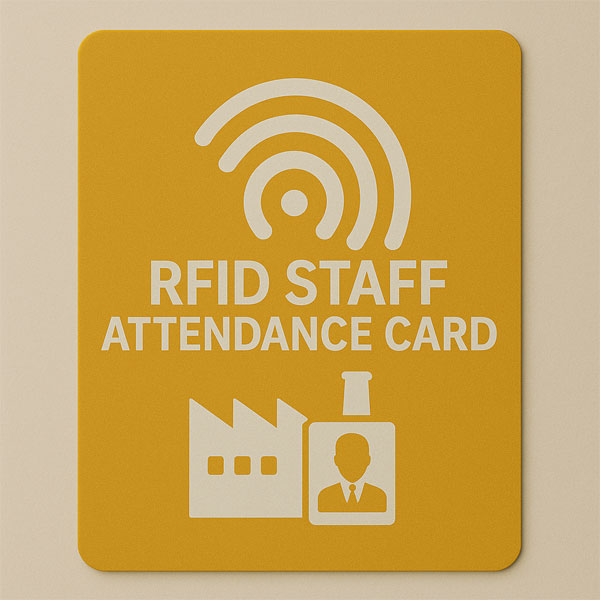wrist tags for events
September 19, 2025
wrist tags for events proposal! wrist tags for events official support.GOV,wrist tags for events active! API返回数据结构异常 cartão metalico;"> The Use of RFID for Human Identity Verification
cartão metalico;"> The Use of RFID for Human Identity Verification
Phone: +86 19925232774
Hours: Mon-Fri 9:00AM - 6:30PM